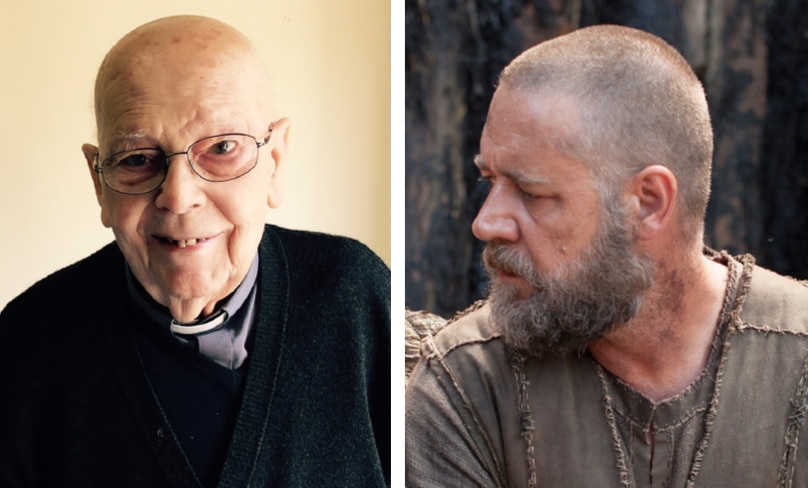
Hollywood is fascinated by these inspiring men and the unique nature of their lives and ministry
Despite the scandals of the last 25 years, popular culture can’t shake itself of its fascination with the Catholic priesthood. Several forthcoming or recent movies testify to a deep-seated desire to know what it is that makes these unique men tick.
In June, it was revealed that Australian actor Russell Crowe will play the fascinating Fr Gabriel Amorth in an upcoming biopic of the Italian exorcist’s life. Father Amorth, who died in 2016, was almost a phenomenon.
The Italian priest who was an exorcist of the Diocese of Rome performed thousands of exorcisms over his 60 or so years of priesthood and wrote books about the subject which were bestsellers.
Tapping into the universal fascination with an invisible world, journalists around the world regularly interviewed the man whose daily business was driving the devil out of the lives of victims. Shooting on The Pope’s Exorcist is set to begin in Ireland in August.
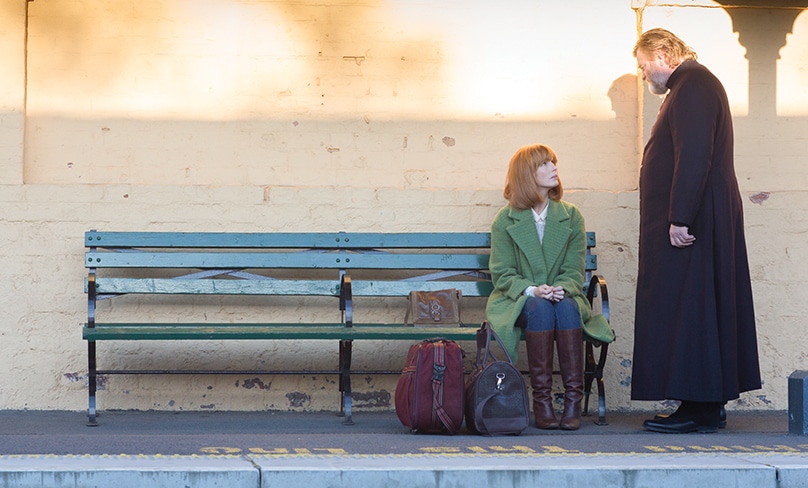
Readers of The Catholic Weekly will recall that Father Stu, the story of a young American man who led a dissolute life and ended up becoming a priest after a life-changing accident, has only just run its season in theatres around the world, including Australia.
A project of Hollywood A-lister Mark Wahlberg – who is also public about his Catholic faith – Father Stu didn’t set out to romanticise the priesthood in the kind of syrupy offering that typified movies of the middle of the 20th Century.
Instead, it was a gritty tale of conversion and suffering, a warts-and-all story of a real vocation to the priesthood and the conflicts and struggles it often takes to get there.
As a result, the movie was favourably received by audiences everywhere and is already being talked about as a candidate for the next Oscars ceremonies set for 23 March 2023.
We expect to see American actor Shia LaBoeuf in high-octane adventures such as the Transformers movies of 2009 and 2011 in which he starred.
But LaBoeuf, another Hollywood A-lister, has completed filming for an upcoming biographical drama about no less a figure than St Padre Pio. The movie is set for release soon, with leading US Bishop Robert Barron having attended a screening with LaBoeuf in June.
If Fr Amorth was a phenomenal figure, Padre Pio is almost beyond adequate description.
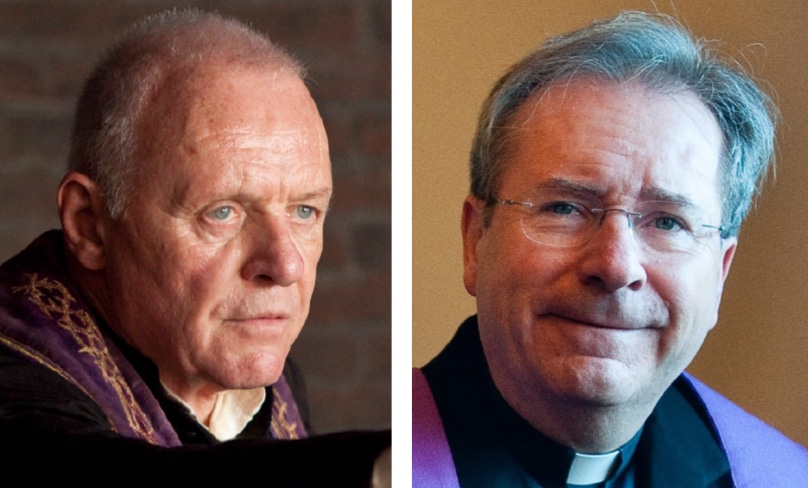
The thousands of miracles which occurred through his intercession were both prodigious and astonishing.
They included documented cases of the saint restoring sight to a girl born without pupils in her eyes, foreknowledge of the sins of those who came to confess to him by the tens of thousands, numerous cases of bi-location and even deterring flights of American bombers over San Giovanni Rotondo, the town in which he and his fellow Capuchins lived in monastic life.
Hovering thousands of feet in the air, St Pio was seen by all the crews on several bombing runs who returned to base and remained tight-lipped about what they had seen for fear of being diagnosed as suffering from what today would be called PTSD and drummed out of active service. It took days before their commanding officers could pry out of them what they had seen.
While the world’s attention focused on the remarkable supernatural aspects such as his lifelong stigmata and the ability to see aspects of the future, St Pio was also persecuted by fellow religious and Church officials who assumed he was a fake and taking advantage of the credulous and overly pietistic to create a cult of personality.
Several years after the appearance of his stigmata in 1918 he was banned from celebrating Mass publically, answering letters, hearing confessions and was reportedly even suspected by Pope John XXIII. Yet his trials were temporary, with the tough-looking saint canonised by Pope John Paul II in 2002.
One of the most recent biopics about a priest may not have topped global movie ratings, but in Christian circles it received significant notice and appreciation around the world.
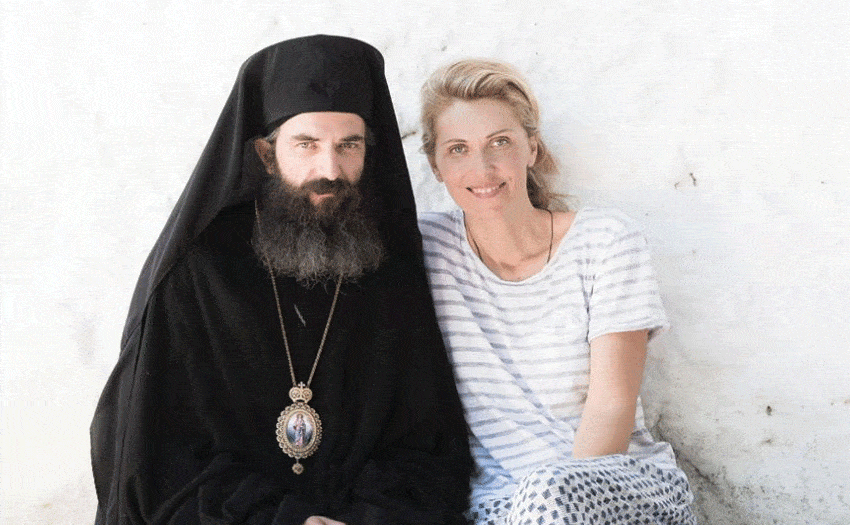
Man of God was released in 2021 and recounts in drama the life of Bishop Nektarios of Aegina (1846-1920), a Greek Orthodox prelate whose zeal for the Gospel and evangelisation made him popular but won him jealousy among fellow clerics more zealous for power and worldly honours.
A priest and bishop of the people, he cared for the poor, educated peasants, inspired vocations to the priesthood and wrote and preached extensively. Among his educational endeavours he taught girls to read and write in a culture which saw the education of girls and women as unheard-of. Fellow clerics persuaded his superiors that he was manoeuvring to oust then-Greek Orthodox Patriarch Sophronios, and Nektarios was suspended without explanation.
Despite his travails, Nektarios persevered with humility and came to be regarded as a living saint by the time he died. Among those starring in the movie directed by Yelena Popovic was legendary actor Mickey Rourke, who played a paralysed man healed by a miracle associated with Nektarios. The persecuted bishop was canonised by the Patriarch of Constantinople in 1961 and is now regarded as one of the greatest modern saints of the Orthodox Church.
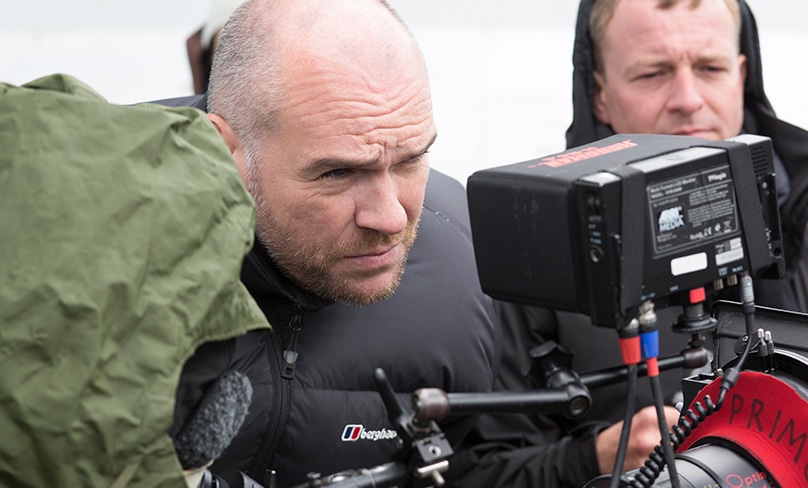
The 2014 Irish movie Calvary is of interest not for its obvious supernatural ‘thriller’ themes but because of movies made about priests in recent years it is one of the few explicitly set against the backdrop of the abuse crisis. Starring Irish actor Brendan Gleeson as Father James, the Parish Priest of a remote Irish village, it is both dark and uplifting. It’s definitely not for the sensitive, the excessively pious or those likely to be shocked at strong language.
As Father James hears confessions one Saturday, a penitent tells him that he was horrifically sexually abused by a priest as a boy and has decided to kill Father James, a good priest, the following weekend because that would hurt the Church more than the death of an abuser.
Interestingly, Father James was married earlier in life but his wife has passed away. He has a grown daughter who is psychologically resentful towards him and mentally unstable, who he must seek to help throughout the week leading up to his possible murder. The resonances with the movie’s title and Christ’s passion are obvious.
Yet Calvary also reveals the deep fascination the wider public and the movie business maintain with the inner life of priests, their role in confronting evil and their lives as icons of Christ and an invisible supernatural order.
Given popular culture’s tendency – inherited in lrge measure from the salacious propaganda of the Protestant Reformation – to suspect priests as likely to be secret agents of depravity and evil, Calvary is a profound reflection on what makes priests good men prepared to sacrifice themselves completely.
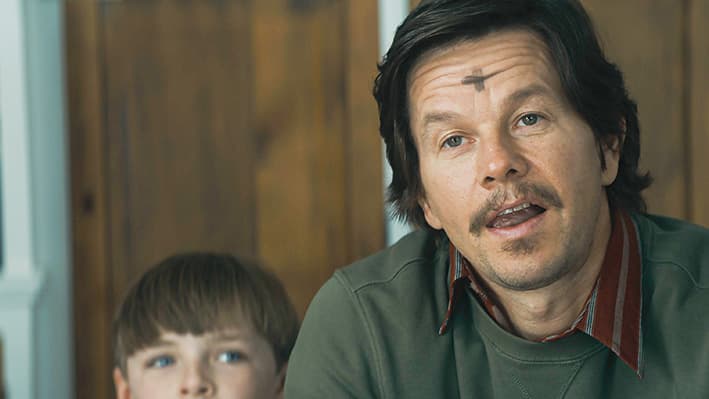
Given the global pummelling the priesthood has experienced in recent years, such movies shouldn’t be appearing.
Yet the priesthood attracts Hollywood because there is no other job in the world that focuses good, evil, sacrifice, the supernatural, the form of love known as agape and moral conflict so uniquely.
Hollywood’s interest is, of course, purely pragmatic because it is always a business – and a ruthless one at that. Yet the Roman Catholic priesthood clearly offers Hollywood’s nose for business creative possibilities in a way that is outside the predictable categories of wild adventure, romance, action and ever-increasingly gratuitous sex and violence that dominate its standard product.
That such movies are made signals that the public still resonate to the idea of men who sacrifice their aspirations for what most would regard as a normal and fulfilling life in the noble service of a higher cause – and love.
Audiences everywhere still see Catholic priests, deep down, as men who touch God and the world of supernature, men who, in their daily lives and ministries, make God present.
Rather than rejecting the idea of a celibate priesthood because of recent scandals, the public clearly hungers for the goodness of these unique men who are often forged despite the tribulations of injustice, suffering and persecution – yet can inspire others like no-one else on earth can.
